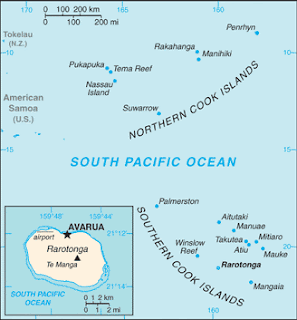To the disappointment of his father, Harrison chose a career in the military. He would go on to serve as governor of the Northwest Territory for twelve years. He would became a household name after the battle at Tippecanoe Creek in 1811. Riding on the slogan "Tippecanoe and Tyler, too," Harrison would beat his opponent Martin Van Buren by 174 electoral votes in the 1840 presidential election. On March 4, 1841, William Henry Harrison took the oath of office. He was the first President to arrive in Washington, D.C. by train. He also delivered the longest Inaugural address--8,445 words. On April 4, 1841, just a month after the Inauguration, his term would end with his death of pneumonia at 68 years of age in Washington, D.C. The pneumonia is believed to have been caused by his prolonged exposure to inclement weather at his Inauguration.

William Henry Harrison's Administration
First Lady: Anna Tuthill Symmes Harrison, married November 25, 1795
Vice President: John Tyler (1841)
Secretary of State:
Secretary of the Treasury:
Secretary of War:
Attorney General:
Postmaster General:
Secretary of War:
Inaugural Information
For more information on President William Henry Harrison, check out these resources...
William Henry Harrison, White House
American President: William Henry Harrison, Miller Center, University of Virginia
William Henry Harrison, POTUS, Internet Public Library
William Henry Harrison, The History Channel
Sonnet Ireland
Head of Federal Documents and Microforms
Reference & Instruction Librarian
Liaison Librarian:
Marketing; Planning and Urban Studies; Political Science








